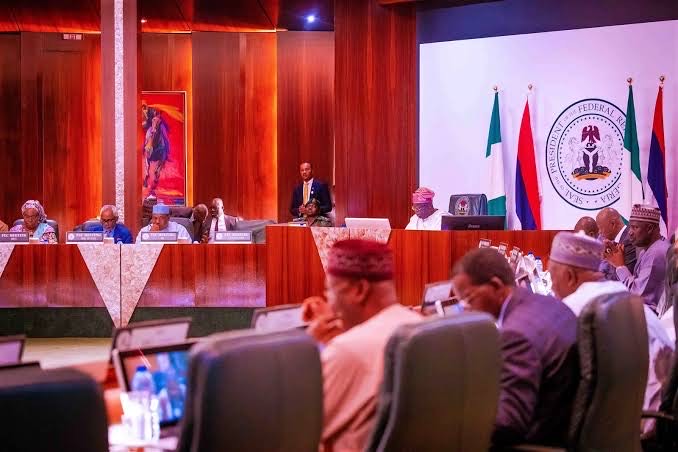By Vincent Amadi
The Federal Government may soon request a supplementary budget of N6.6 trillion from the National Assembly to fund the implementation of the Accelerated Stabilisation and Advancement Plan (ASAP) designed to advance President Tinubu’s economy-related “8 Priorities.”
ASAP, among other things recommended the unbundling and commercialization of the Nigerian Transmission Company TCN. It also recommended purchasing 7 million smart meters and 150,000 distribution transformers to facilitate the development of the power sector. The ASAP document was prepared by the Minister of Finance and Coordinating Minister for the Economy, Mr. Wale Edun, and submitted to President Bola Tinubu on Tuesday.
ASAP recommends intervention in four critical areas with an estimated expenditure of N6.6 trillion. These sectors are agriculture and food security, energy (electricity and gas), health, social protection, and business support.

According to the document, “the emergency response is expected to cost approximately 6.6 trillion; Proposed expenditures are not currently included in the 2023 budget. The proposed expenditure represents 2.1% of the full-year estimate, gross domestic product, and GDP for FY24. “The estimated additional expenditure shown does not include any tax impact of the PMS price freeze from the beginning of the year to date, from the beginning of FY24.” About 49.0% and 27.0% are targeted at the energy sector and business support, respectively.
“A supplementary budget of N6.6 trillion should be allocated with appropriate financing (supported by the approved borrowing plan) “With an adjusted expenditure of 75.0% of the proposed emergency financing requirement; approximately N5 trillion will be required. These include: Suspension of import duties and VAT on specific items; Importation of paddy rice by millers; Import duty rates; Peg (to be fixed at $800/$1); and Priority approval of production expenditure Specific measures on salary reduction, travel allowance for low-income workers include: Tax deduction on employee overtime pay; increase by 50% the allowable deduction for travel and other allowances, and Facilitation of Nigerians working abroad as remote workers.

Similarly, the three proposed Eos exempt tax on export earnings from services and intellectual property repatriated. These include a 0% VAT rate on all non-oil exports; loosening restrictions on the use of export proceeds; and eliminating tax clearance certificates as a condition for applying for foreign exchange. To reduce costs, Eos should be issued on MDA to transfer an operating surplus of over N5 billion; no trips abroad to attend events for Nigerians; estacode electronic payment; pay directly to the MDA contractor; access to funds must be presented in an account statement; and payment of fees; and payment of fees in Naira and MDA currency deposited with the Central Bank of Nigeria.
Under the Tax Information Partnership and Collaboration Initiative (TICC), there will be Eos, specifically: Establishment of the TICC databank managed by the Joint Tax Council; Mandatory use of NIN and registered company number; a government directive on data generated by MDA and the national financial data management framework, the draft document states that the federal government aims to increase electricity supply to 6 GW by December this year Energy sector: In addition, as soon as possible, it is recommended that 6 GW of electricity supply to the grid by December 2024 will be implemented under a purely market-based structure, as the government finds how to recover 1.5 trillion euros in unpaid debts to gas companies and electricity generation companies (Gencos).
To achieve this, the government must provide incentive financing for metrology through the Presidential Metrology Initiative program to improve industry liquidity and enable subsidy targets. “The government will provide counterpart funds to complete projects, especially those that are more than 70.0% completed,” it said.
As part of this process, the government should begin liquidating 1.5 liability, and non-performing value chain participants should be penalized while ensuring sustainable, low-cost energy sources that should be integrated to lower the average cost of power.
































